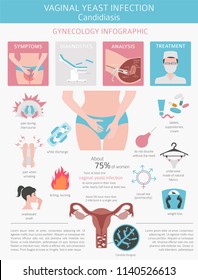


If you're pregnant, take care when inserting a pessary because there's a risk of injuring your cervix (neck of the womb). An anti-thrush pessary, such as clotrimazole, nystatin or miconazole will probably be prescribed to be used for about 3 to 7 days. You won’t be prescribed oral treatment because it may affect your baby. If you have thrush and you're pregnant or breastfeeding, you should always visit your doctor rather than buying anti-thrush medication over the counter from a pharmacy.
YEAST INFECTION SORES ON VAG PLUS
Instead, use vaginal pessaries, plus an anti-thrush cream if necessary. If you're pregnant or breastfeeding and you have thrush, you should avoid taking oral anti-thrush treatments. There is no evidence that thrush affects your chances of getting pregnant. You are more at risk of getting thrush while you're pregnant. Changes in the levels of female hormones, such as oestrogen, increase your chances of developing thrush and make it more likely to keep coming back. However, if you have thrush it’s best to avoid having sex until you’ve completed a course of treatment and the infection has cleared up. Vaginal thrush can sometimes be passed on during sex but is not considered a sexually transmitted infection (STI). Problems arise when the natural balance in the vagina is upset and Candida multiplies. Hormones in vaginal secretions and 'friendly' vaginal bacteria keep the fungus under control. Many women have Candida in their vagina without it causing any symptoms.

Thrush is a yeast infection, usually caused by a yeast-like fungus called 'Candida albicans'. Vaginal thrush is fairly harmless, but it can be uncomfortable and it can keep coming back, which is known as recurrent thrush.


 0 kommentar(er)
0 kommentar(er)
